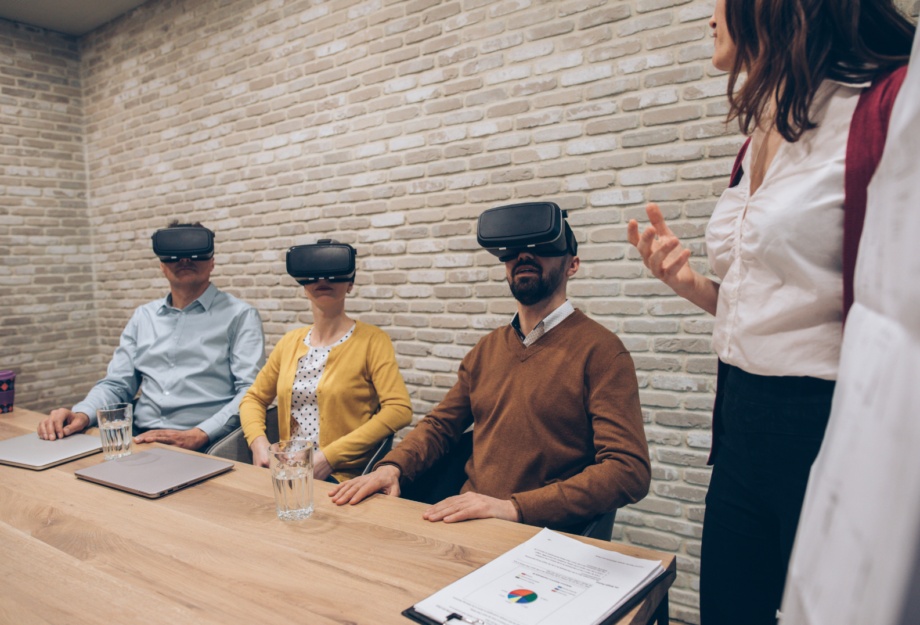The field of internal communication and employee’s engagement is experiencing a constantly evolving growth, with an increasing number of companies adopting innovative practices.
Among these, the most recent usage is the adoption and implementation of the new concept of employee experience, as companies have experienced how greater attention to this practice can have a direct impact on the return on investment. In fact, as Forbes Insights and Salesforce report on the subject discloses “companies that have both high employee experiences and customer experiences see almost double the revenue growth as those that do not.”
Nowadays, it is sufficiently recognised within companies, how an excellent relationship with their employees, can generate a social and psychological experience capable of affecting the motivational sphere of the employee itself, increasing its work results and performance.
But how immersive technologies can contribute to improving this experience?
As demonstrated by the new challenges posed by the pandemic, virtual reality will revolutionise the way training and learning are delivered, creating, for example, a safe environment for testing risky processes or encouraging friendly competition. Likewise, VR will facilitate remote collaboration between peers, will be an effective mean to spreads company’s culture or to manage internal changes and will become a powerful tool to empower employees to hit their full potential.
Furthermore, technologies such as AR glasses, will allow the company to always remain connected with employees, optimising time, monitoring their performance and their work-experience, increasing productivity.
By the end, these immersive technologies place the employees at the centre of a totally immersive and useful experience, leading to higher engagement, positive outcomes and even employee retention.


